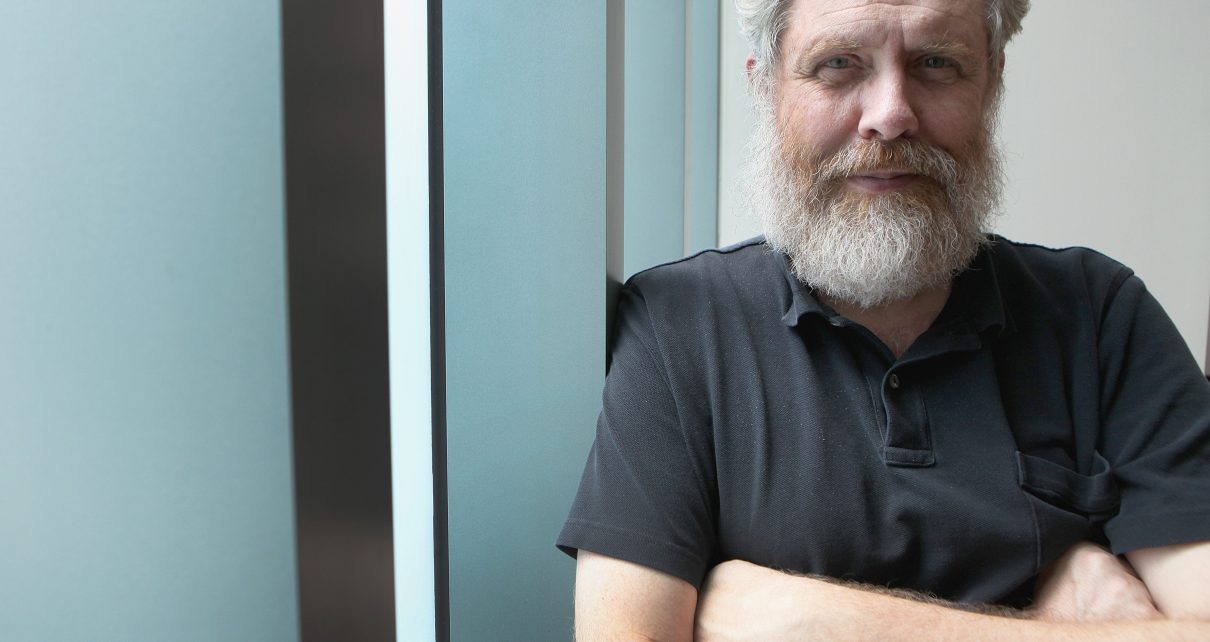In response to the COVID-19 pandemic, members of the Rapid Deployment Vaccine Collaborative (or RaDVaC)—a group composed of scientists and their friends or colleagues—have been self-administering an untested vaccine for SARS-CoV-2 (the virus that causes COVID-19). The RaDVaC scientists describe their project as aiming “to reduce risk of harm from SARS-CoV-2, minimally until there is at least one effective commercial vaccine widely available.” Although the project’s white paper includes includes terms and conditions designed to shield the authors from liability, RaDVaC’s self-experimentation raises important legal and ethical questions.
Self-experimentation has a fascinating history. In the early 1900s, Walter Reed conducted experiments in Cuba deliberately exposing individuals to yellow fever that included members of the study team as participants; these led to significant public health benefits in confirming that yellow fever was transmitted by mosquitoes, but also resulted in the deaths of several participants. Some Nobel Prize–winning work by scientists was based on self-experimentation that initially was seen as crazy. For instance, in 1984, Barry Marshall swallowed bacteria to prove that they caused gastritis and peptic ulcers. Many cardiac procedures are based on a 1929 experiment by a German doctor who inserted a catheter into his own heart.
Perhaps surprisingly, self-experimentation was once considered an ethical safeguard. The Nuremberg Code, established in response to grossly unethical experiments during World War II, permitted higher risk research if investigators also volunteered to participate, as they had in the earlier yellow fever studies. However, the idea that self-experimentation can justify higher research risks was abandoned in later codes of ethics. Not only is self-experimentation legally and ethically complex, but protections like independent review and informed consent, which are now required by research regulations, may be a better way to protect research participants.
Existing regulations for research were not designed to address self-experimentation. Laws governing research typically define research as an activity designed to produce generalizable knowledge, which does not cover experimentation that is badly designed, unlikely to produce useful data, and merely aiming to protect a small group of people.
In addition, the U.S. Common Rule governs federally funded research, and RaDVaC is not using any federal funding. However, Harvard is covered by a “federalwide assurance” under which the institution has agreed that all research it conducts will abide by the regulations (regardless of funding source). If studies of immune responses involving self-experimentation are planned in George Church’s laboratory at Harvard, as has been reported, this undoubtedly requires approval by an Institutional Review Board, which would provide some oversight of this self-experimentation. If results are to be published in a peer-reviewed journal, moreover, most, if not all, journals would require assurance of regulatory review and oversight.
The U.S. Food and Drug Administration has similar power to regulate research, and, perhaps more relevant for our purposes, “drugs” (including human biological materials and biologics)—even if they are not distributed for profit. The RaDVaC project uses biological materials—more specifically, small chains of amino acids from key SARS-CoV-2 proteins—and therefore may fall under the FDA’s jurisdiction. While the FDA has not traditionally exercised this authority to regulate the analogous practice of small scale, do-it-yourself biohacking, it retains the power to do so in the future. Finally, if people were harmed by taking this vaccine, they could also sue RaDVaC, but the disclaimers in the white paper are carefully designed to avoid liability.
Even if the law doesn’t adequately address this behavior, it may be ethically problematic—including because it could be a waste of scientific expertise and research effort. If RaDVaC intends to produce generalizable knowledge about this vaccine, unsystematic self-experimentation is unlikely to produce useful information. For example, self-experimentation can lead to biased results if researchers overestimate the chance that the vaccine works, or fail to report side effects. Randomized controlled trials, by contrast, are typically designed with researchers being blinded to who receives the intervention or the placebo.
Beyond self-experimentation, friends, staff members, and family members of the scientists involved are taking this vaccine based on these expert’s recommendations, which could lead to two potential misconceptions. First, people taking the vaccine might overestimate the likelihood that they are protected from SARS-CoV-2 and change their behavior. If some individuals falsely believe they are protected, they might engage in riskier behavior that could cause harm to themselves and others.
A second misconception is the idea that this is research that could benefit others. The same data analyst seemed to believe this when he added “my continued existence through this pandemic will be a useful data set.” Yet the RaDVaC project could not produce useful data in the same way as standard, well-designed vaccine trials, for example, because it is unclear whether individuals receiving the vaccine are thoroughly evaluated or monitored, and there does not appear to be a control group.
Even if everyone involved with this project fully understands what they are getting into, however, there are also questions about expertise and privilege. Senior scientists benefit from many layers of privilege: investment in their education, expertise in specialized areas, and access to information or materials. Arguably, these privileges come with a responsibility to use expertise for the benefit of society. If the RaDVaC vaccine is potentially beneficial, then it is tragic not to test it in a rigorously designed study.
Indeed, uncontrolled self-experimentation is part of a larger problem in the COVID-19 pandemic. Panic about the virus has led to the widespread use of interventions outside of well-designed clinical trials. Without such trials, we remain in the dark about which interventions offer net benefits or net harms. Insofar as the scientists involved have expertise in vaccine research, they should either reform the RaDVaC project or lend their expertise to serious projects.
On the other hand, if scientists don’t have relevant expertise, their overconfidence at their ability to work outside of their wheelhouse may be harmful. Earlier this week, Steven Salzberg, a computational biologist, called for experimental COVID-19 vaccines to be rolled out before the results of phase III testing. An op-ed denouncing his misinformed view was published the next day, and Salzberg reversed his position immediately. Similarly, some of the named members of the RaDVaC project have expertise in genetics, neuroscience, and anti-aging research. Their time might be better spent on projects in these fields, which will still be important when this pandemic is finally over.
Rather than trying everything but the kitchen sink against COVID-19, it would be wiser to focus our collective efforts on prioritizing the most promising interventions and testing them in rigorous research, as has been done for some treatments for COVID-19. RaDVaC’s scientists should be encouraged to collaborate on systematic COVID-19 vaccine testing if they have relevant expertise, and to do other valuable things with their time if not.




